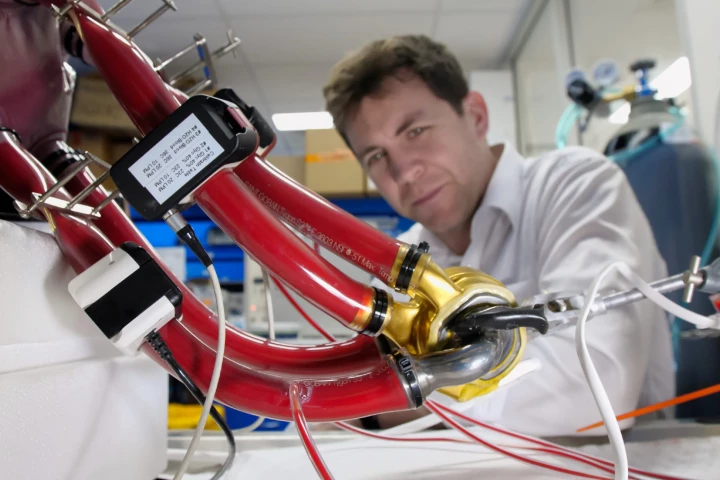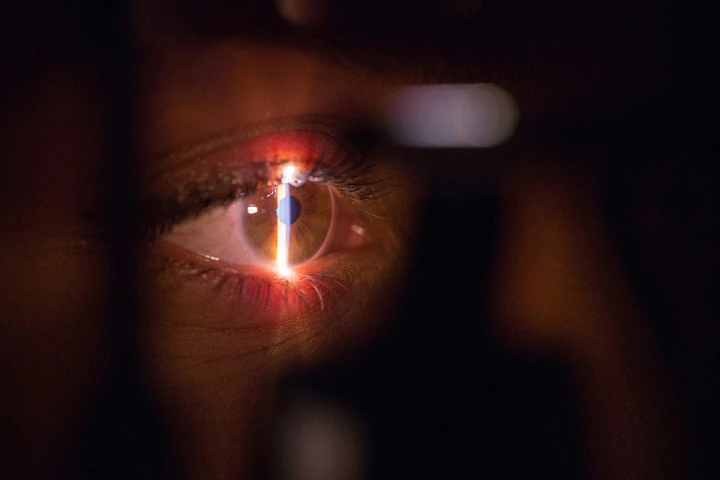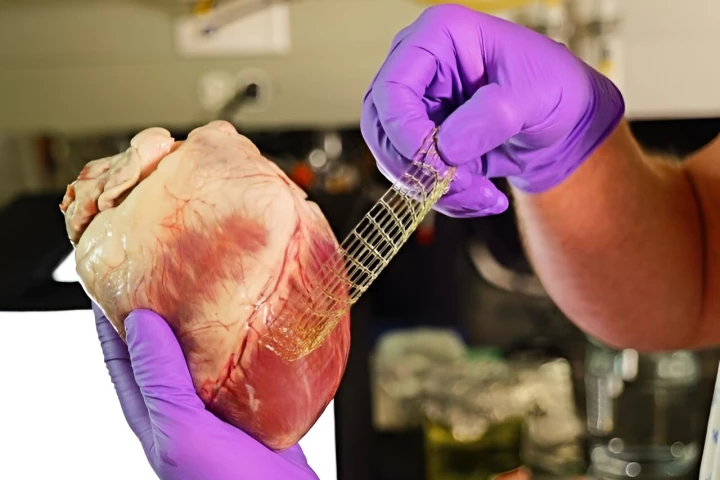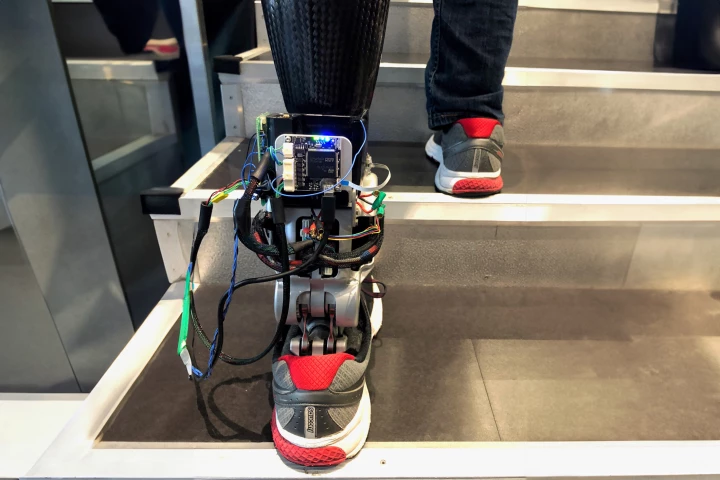Surgery
-
We're a step closer to entering an operating theater without any human life besides ours, following the world's first surgery performed by a robot responding and learning in real time. Its precision and skill matched that of experienced surgeons.
-
A study has found that the regret reported by transgender individuals following gender-affirming surgery is less than 1%, which is significantly lower than the regret associated with having children, getting a tattoo, or undergoing plastic surgery.
-
For the first time, surgeons have successfully performed a heart transplant in which the donor organ never skips a beat, limiting muscle damage and improving acceptance and recovery. It ushers in a new era of our approach to this lifesaving operation.
-
A man has lived for more than 100 days with a maglev heart beating inside his chest. In a landmark moment, he was discharged earlier this year, becoming the first person in the world to leave the hospital with the device embedded in his body.
-
A surgical procedure to restore the power of sight to blind patients using their teeth is gaining traction around the world, with Canada opening its first clinic for this treatment. Here's how Osteo-odonto-keratoprosthesis works, and who it's for.
-
Today's AI technology could help robots get the hang of conducting complex surgeries. Researchers have taught a robot surgical system to expertly perform a bunch of surgical tasks as capably as human doctors, simply by training it on videos.
-
Doctors have successfully operated on a pig – from 9,300 km (5,780 miles) away. Surgeons in Switzerland used a game controller to perform an endoscopy in Hong Kong, paving the way for remote procedures in humans where local expertise isn’t available.
-
For babies born with a certain heart defect, implantation of a "shunt" is essential to their survival. A new type of shunt can be expanded using light after it's been implanted, potentially eliminating the need for more heart surgeries down the road.
-
A new medical 3D-printing method has been developed that takes its cues from the way tangles of worms interact in nature. The resultant material produced could patch up leaky heart parts or stabilize spinal discs, among other applications.
-
Nightmare fuel? Maybe – but in a historic moment for the dental profession, an AI-controlled autonomous robot has performed an entire procedure on a human patient for the first time, about eight times faster than a human dentist could do it.
-
For the first time, the fully mechanical heart made by BiVACOR, which uses the same technology as high-speed rail lines, has been implanted inside a human being. The feat marks a major step in keeping people alive as they wait for heart transplants.
-
A new surgical technique for below-the-knee amputations retains a person’s ability to receive sensory feedback from remaining muscles. Having a prosthetic leg driven by an amputee’s own nervous system enables them to walk much more naturally, new research has shown.
Load More











